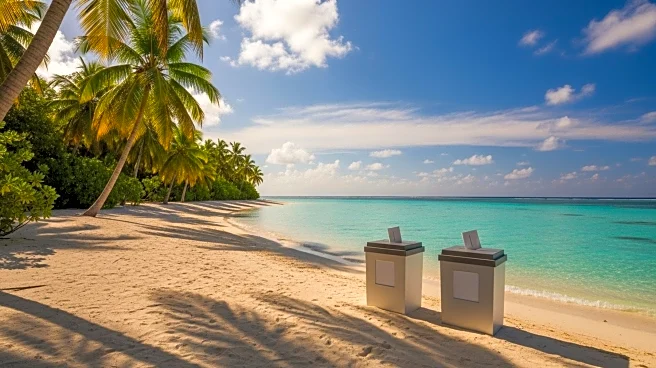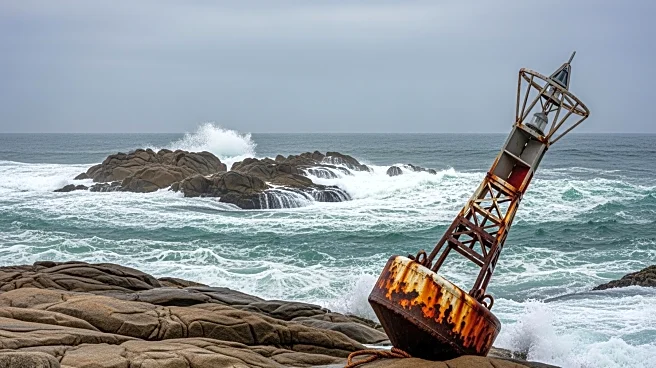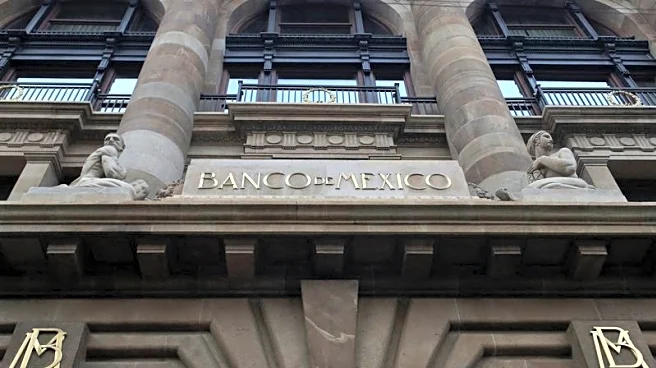What's Happening?
Seychelles is preparing for a presidential run-off election after the initial vote failed to produce a clear winner. Opposition leader Patrick Herminie received 48.8% of the vote, while incumbent President Wavel Ramkalawan garnered 46.4%, according to the electoral commission. The country's electoral rules require a candidate to secure more than 50% of the vote to win outright, necessitating a run-off election scheduled for October 9-11. Ramkalawan, seeking a second term, has campaigned on economic recovery, social development, and environmental sustainability. Herminie, representing the United Seychelles party, aims to regain political dominance after losing to Ramkalawan's party in 2020. The United Seychelles party has recently regained control of the National Assembly, winning 19 out of 35 seats in the parliamentary elections held alongside the presidential vote.
Why It's Important?
The upcoming run-off election in Seychelles is significant as it will determine the country's leadership amidst ongoing political shifts. The outcome could impact Seychelles' approach to economic recovery and environmental policies, especially concerning the controversial leasing of Assumption Island to a foreign hotel developer. This issue has become a focal point in the election, potentially influencing voter support. The election results will also affect the balance of power between the United Seychelles party and Ramkalawan's Linyon Demokratik Seselwa party, shaping the country's political landscape and governance strategies.
What's Next?
As the run-off election approaches, both candidates are expected to intensify their campaigns to secure the necessary votes. The ecological stewardship of Assumption Island may play a crucial role in swaying public opinion and garnering support from the six trailing presidential candidates and their supporters. The election's outcome will likely influence Seychelles' future policies on environmental sustainability and economic development, with potential implications for international relations and tourism.
Beyond the Headlines
The leasing of Assumption Island highlights broader concerns about environmental conservation and sovereignty in Seychelles. The decision to lease the island has sparked public debate, reflecting the tension between economic development and ecological preservation. This issue underscores the challenges faced by small island nations in balancing growth with environmental stewardship, a theme that may resonate beyond the election and influence future policy decisions.










